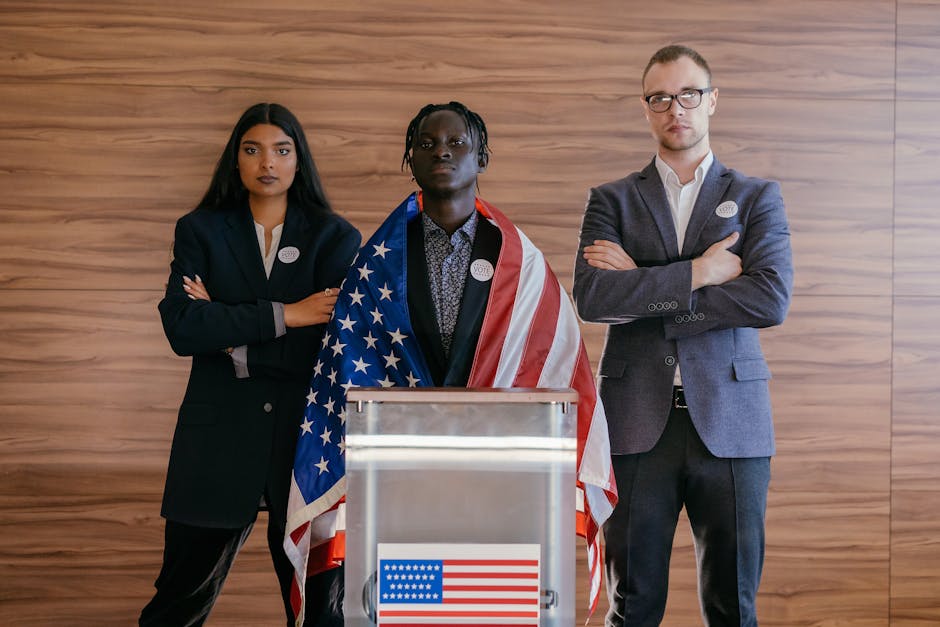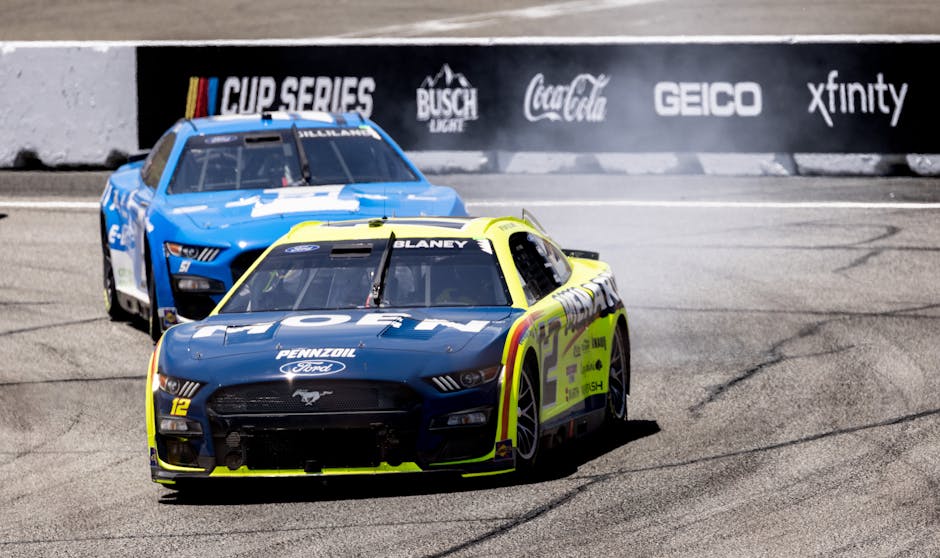Why This Ivory Coast Election is a High-Stakes Vote
The West African nation of Ivory Coast is at a critical juncture as citizens head to the polls for a presidential election shadowed by a challenge to the nation’s fragile peace. At the center of the controversy is incumbent President Alassane Ouattara, 78, whose bid for a third term has stirred traumatic memories of the 2010-2011 civil war and led to violent protests. For many, this vote is a referendum on the future of Ivorian democracy itself.
Under Ouattara’s decade-long rule, Ivory Coast, the world’s top cocoa producer, has experienced significant economic growth. However, critics charge that this progress has been undermined by a consolidation of power that now threatens the country’s stability. The decision by the longtime leader to seek an extension of his rule has polarized the nation.
Ouattara’s Controversial Bid to Extend His Rule
The current crisis was ignited when President Ouattara, who had previously stated he would step down, announced his candidacy. The decision followed the sudden death of his chosen successor, Prime Minister Amadou Gon Coulibaly, in July.
Ouattara’s political party argues that a 2016 constitutional reform reset the presidential term count, making him eligible to run again. This legal interpretation is fiercely contested by the opposition, who view it as a “constitutional coup” designed solely to extend the longtime leader’s rule. This maneuver has become a flashpoint, with many Ivorians believing it violates the spirit of the law intended to prevent indefinite rule.
Opposition Calls for Boycott Amid Disqualifications
The political landscape is fraught with tension. The main opposition candidates, former President Henri Konan Bédié, 86, and former Prime Minister Pascal Affi N’Guessan, have urged their supporters to boycott what they call an “electoral coup.” They have called for a campaign of “civil disobedience” to prevent the election from taking place.
Compounding the crisis, the electoral commission disqualified 40 other potential candidates. This included two of Ouattara’s most formidable rivals: former President Laurent Gbagbo and former rebel leader Guillaume Soro. This has fueled accusations that the democratic process has been hollowed out, leaving no credible challengers. In the lead-up to the vote, clashes between rival supporters and security forces have claimed over 30 lives, echoing the violence that resulted in 3,000 deaths a decade ago.
Fears of Unrest as Ouattara Secures Likely Victory
With the main opposition boycotting, Ivory Coast votes today with Alassane Ouattara widely expected to win. However, a victory secured through a process deemed illegitimate by a significant part of the population could prove hollow. The greatest challenge will not be winning the poll, but governing a deeply divided and resentful nation.
The international community is watching anxiously, as the stability of Ivory Coast is vital for the entire West African region. Today’s key election is a critical test: will it secure a controversial peace, or will it reignite the conflicts of the past?




